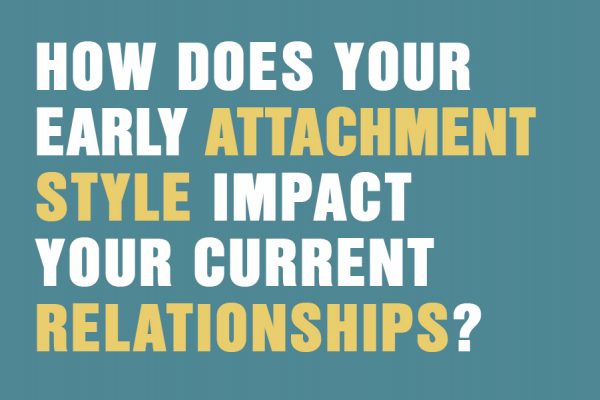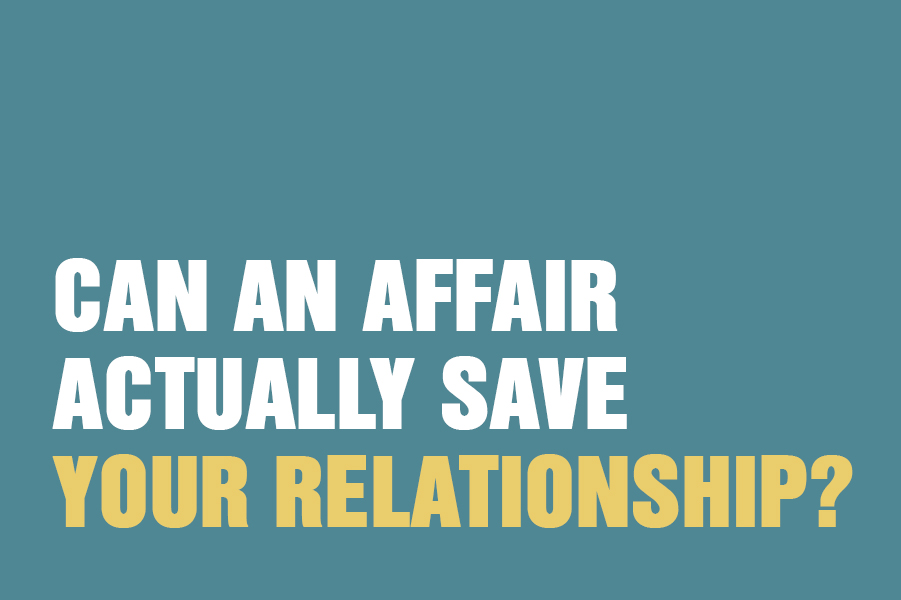Passive aggression is defined as “a personality type or behaviour marked by the expression of negative emotions in a passive, indirect way, as through manipulation or non co-operation”.
In other words, it’s when someone feels upset, angry or resentful but is unable to express these emotions out loud. Instead they ‘act out’ their feelings through behaviours designed to wound the other, while believing they are keeping their true feelings hidden. They want to get their point across but don’t want to appear explicitly aggressive. And they still want to be liked by the person they’re behaving passively aggressive with.
Passive aggression is a defence mechanism often created in childhood in response to caregivers who were not able or willing to acknowledge the child’s needs and wants, and who were over-controlling. The child was unable to ask for what he or she needed for fear of negative consequences, and those needs can then become repressed, denied, ignored. As an adult, if this behaviour continues, and the person is unable to express their needs assertively, they instead resort to passive aggression to manipulate a situation and get their needs met.
In a relationship, this can be terribly unsettling for the person on the receiving end, because they can never be quite sure what their partner means, wants and needs. Passive aggression, at its extreme, can be seen as a form of emotional abuse.
Typical passive aggressive behaviours can include:
Sulking: Having a sulk is often the first behaviour a passive aggressive person will use to get what he/she wants. They can go into full silent mode, refusing to communicate with you, or can reject you completely by going out but not telling you where they’re going, withdrawing to another room for an evening, and even prolonging their sulk for days and weeks. This can make the partner feel guilty, ashamed, and somehow responsible for provoking the sulk.
Procrastination: If a passive aggressive person doesn’t want to do something, they will delay it and delay it. “In a minute” is one of their favourite phrases. Yet underneath they are secretly hoping you’ll forget about what you asked them to do. They are unable to say ‘no’ directly, and so let you think they mean ‘yes’. Or they’ll pretend later on that they didn’t understand what you meant in the first place. Delaying or not doing the task is a way of punishing you for asking them in the first place.
Resentment: The phrase ‘resentment is like drinking poison and expecting the other person to die’ is applicable to someone who is passive aggressive. Their bottled-up feelings build up layers and layers of resentment, which may come out sideways rather than directly. So a passive-aggressive person may sigh loudly when you haven’t second-guessed their needs, or give you angry looks because you haven’t appreciated them enough for their efforts.
Taking things personally: The passive aggressive person believes the world is against them – whether it’s someone taking the last seat on the train, being stuck in a slow supermarket queue, or becoming hurt if you’re not giving them your full attention. The world is all about them, and they can feel it’s unjust and cruel if it doesn’t all go their way. This behaviour can make a passive aggressive person exhausting to be around.
Making jibes: Back-handed compliments, damning with faint praise, and making cruel comments disguised with a smile. These are all tools the passive aggressive person may use to make you feel bad. And all because they aren’t able to ask for what they want.
How to handle a passive aggressive partner
- Become aware of when your partner is triggered into demonstrating passive aggressive behaviours.
- Be aware of your part in any situation, and only take responsibility for that.
- Don’t automatically take on the guilt and shame being thrown your way.
- If you can, tell your partner the effect their behaviour is having on you. Do this in a kind, supportive way – not in a blaming way. Take responsibility for your feelings by saying ‘I feel this when you do that’ – not ‘you make me feel this way’.
- Be specific in your requests – especially the timeframe you would like something completed in.
- Don’t descend to their level and use sarcasm or barbed comments.
- Try to understand your partner’s difficulties and have more empathy and compassion. (Admittedly, that’s not always easy).
If you and your partner need some support in identifying healthier ways of behaving and communicating with each other, couples counselling could help. Couples therapy provides a forum for you both to have your say, and to be heard, acknowledged and understood. Once feelings are named and out in the open, it is harder to be passive aggressive when expressing them.
To book an appointment, or for an initial chat about your options, call our team on 020 8673 4545 or email [email protected]








2 Comments. Leave new
I’m living with a passive aggressive and its un bearable. Go from fair, loving and supportive to being emotionaly withdrawn, over interested in everyone else, leaves me feeling drained emotionaly, uncared about and physically sick.